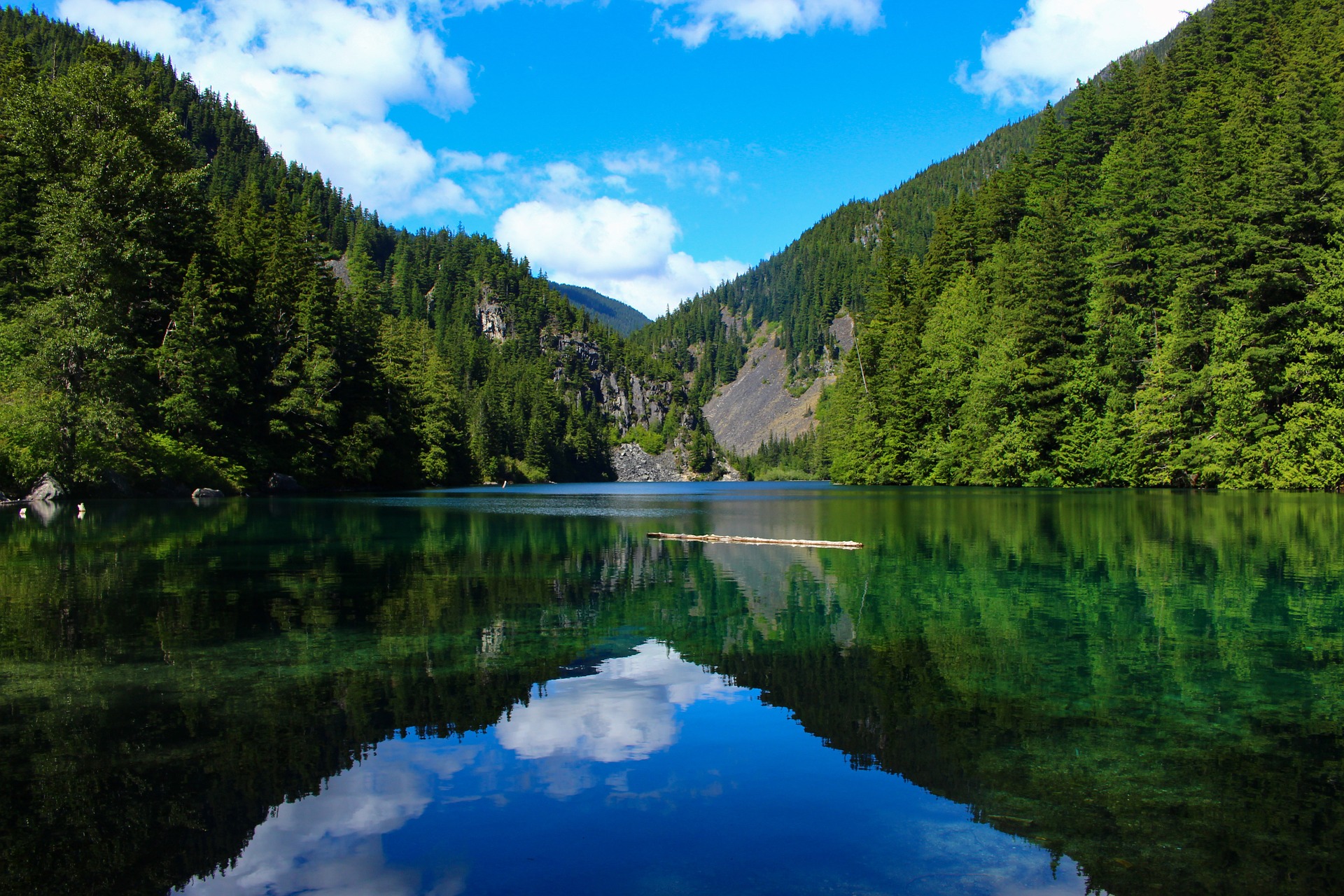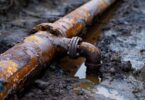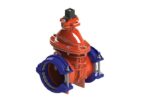Exclusive interview: H2O Global News’ Sion Geschwindt Interviewed Global Water Works Co-Executive Director, Frank Slovenec, to find out more about Lake Appreciation Month, his experiences living on the shores of Lake Hartwell, Georgia, and why we all need to be safeguarding these water bodies.
Did you know that July is proclaimed as Lake Appreciation Month by The North American Lake Management Society (NALMS)? NALMS was founded in Portland, Maine in 1980 to promote the management and protection of lakes and reservoirs for today and tomorrow.
July, a time of year when millions of people descend on the freshwater lakes of the United States to cool off, relax and enjoy the holidays. What many people don’t realise while relaxing on the water enjoying an ice-cold beverage is that healthy lakes are essential to the well-being of the entire nation.
Why are lakes important?
According to the U.S Geological Survey, lakes and reservoirs supply over 70% of the total amount of water used each year. Lakes and reservoirs are essential for trade too, with ships transporting upwards of 90 million tons of cargo around the Great Lakes every year.
Lakes also provide us with invaluable ecosystem services such as flood protection, groundwater recharge and nutrient cycling, and form habitat for thousands of aquatic and terrestrial species – many of which are endangered.
Lakes aren’t just good for the economy and ecology; they are places to have fun. Whether it’s swimming, fishing, boating, wildlife viewing or just enjoying the scenery, lakes have intrinsic recreational and cultural values that are in many ways – priceless.
Few appreciate the importance of lakes more than Lake Hartwell resident and Co-Executive Director of Global Water Works, Frank Slovenec. When he isn’t hard at work connecting water experts and professionals through the highly successful Global Water Works platform, Slovenec is likely advocating for water conservation or out on the lake with his grandchildren.
Slovenec lives on a ranch on the shore of Lake Hartwell, Georgia. Covering over 50,000 acres, up to sixty meters deep, and with a shoreline longer than that of California, the lake is one of the largest in the south-eastern USA.

Frank Slovenec at his ranch on the shore of Lake Hartwell
“This lake provides drinking water for at least 40,000 people, generates 470 million kilowatt hours of hydroelectricity annually and receives 9 million visitors each year,” said Slovenec.
Slovenec’s father-in-law built the ranch back in 1958, four years before the construction of the Hartwell Dam. Today, his family is out on the lake almost every weekend; fishing, bathing, and boating across the water – which is currently of good quality. However, it wasn’t always this way.
“In the 1960s and 70s a company located on one of Lake Hartwell’s tributaries was dumping PCBs into the river, posing a real threat to water quality,” said Slovenec. “Even to this day there is a guide to how many fish you can eat due to the continued presence of these chemicals in trace amounts, but generally the water quality is now very good.”
Fragile systems
Despite being so vast, lakes are particularly sensitive to changes in water chemistry. They tend to collect excess nutrients, sediments, chemicals, and even micro-plastics, which can rapidly reduce water quality. Even the largest freshwater system in the world, the Great Lakes of North America, is under threat from pollution.
“The great lakes contain 21% of the world’s surface freshwater, but they are fragile systems. When I grew up on Lake Erie [one of the great lakes] you couldn’t even swim it was so polluted. Then over the years it got cleaned up, but now it is facing a huge algae problem due to all the agricultural runoff into the lake,” said Slovenec.
Fertilisers that farmers use to boost crop yields often end up washing off into streams, rivers, and eventually, into lakes. These fertilisers are packed with nutrients (particularly phosphates) which can cause an explosion of algal growth. These algal blooms can suck oxygen from the water, block sunlight and even produce harmful toxins. This process, known as ‘eutrophication’, can radically reduce water quality, damage ecosystem health and ruin the recreational appeal of many lakes. According to an article published in the journal Nature, the estimated cost of damage caused by eutrophication is $2.2 billion every year in the USA alone.

Algal blooms pose threat to lake water quality
Eutrophication in Lake Erie is so bad during summer that literal ‘dead zones’ form in the lake where no fish or aquatic life can survive.
“The algal blooms in Lake Erie are so great they can be seen from space,” said Slovenec. “This is a problem in many lakes across the country – everyone needs to be aware that healthy lakes are sensitive and they shouldn’t be taken for granted.”
Managing for the future
Lake Hartwell is fairing significantly better than many other large lakes in the country, partly thanks to sound management practices.
“The Army Corps of Engineers manage the lake and the land around it, regularly testing the water, preventing pollution incidents, and communicating effectively with the public through clear signage and lake guidelines,” said Slovenec. “The farmers in the area are also deeply invested in the lake which they depend on, and make an effort to reduce pollution and fertilisers flowing into it.”
It is vital that these efforts are sustained and applied to other lakes in the country, and beyond. As global water use is projected to increase, along with droughts and floods associated with climate change, managing lakes has never been more important. Appreciating the fragility of these systems is an essential first step, and it is crucial that all sections of society, from politicians to industry professionals, as well as the future generations, are aware of the value of lakes and reservoirs.
“Lakes are crucial to Georgia’s economy, but the state has yet to officially recognise July as Lake Appreciation Month,” said Slovenec. “Making people aware of the importance of the lakes around them, especially educating children, is extremely important, and why Lake Appreciation Month should be adopted by all the states in the country.”
Do you have an article to share? Click here to submit or if you’d like to subscribe to our weekly newsletter, click here.







